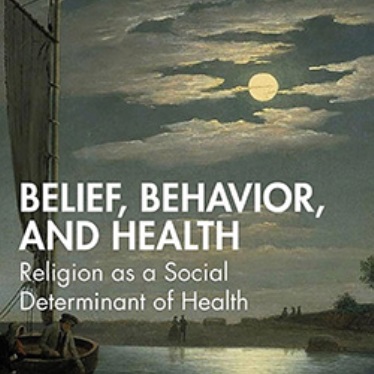London article on gender transition, embodiment and sex specific cancer screenings published
Aug 4, 2021
Every Now and Then I Get Flagged for a Pap Smear’: Gender Transition, Embodiment, and “Sex-Specific” Cancer Screenings
Tre Wentling, Carrie Elliott, Andrew S. London, Natalee Simpson & Rebecca Wang
Sexual and Gender Minority Health, Advances in Medical Sociology, January 2021
Purpose: The study responds to a call for studies of “embodied experiences of stigma in context” by investigating how transgender embodiment shapes perceived needs for access to and experiences of “sex-specific” cancer screenings (SSCS) (e.g., breast and prostate exams, Pap smears) in the North American healthcare system.
Design/Methodology/Approach: The study analyzes data from semistructured interviews with a diverse sample of 35 transgender-identified adults. Based on thematic narrative analysis, we explore four themes in relation to embodiment: discrimination; discomfort and hyperawareness of genitalia; strategic reframing and active management; and SSCS health care encounters as positive and gender affirming.
Findings: In relation to SSCS, transgender individuals experience discrimination, do emotion work, and actively manage situations to obtain needed health care, and sometimes forego care because barriers are insurmountable. Health care providers’ responses to transgender embodiment can disrupt health care encounters, but they can also facilitate access and create opportunities for affirmation, agency, advocacy, and new forms of interaction. Embodiment- and gender-affirming interactions with health care providers, which varied by gender, emerged as key influences on participants’ experiences of SSCS.
Related News
Research

Oct 15, 2025
Research

Oct 7, 2025
School News

Sep 23, 2025
Commentary

Sep 9, 2025
